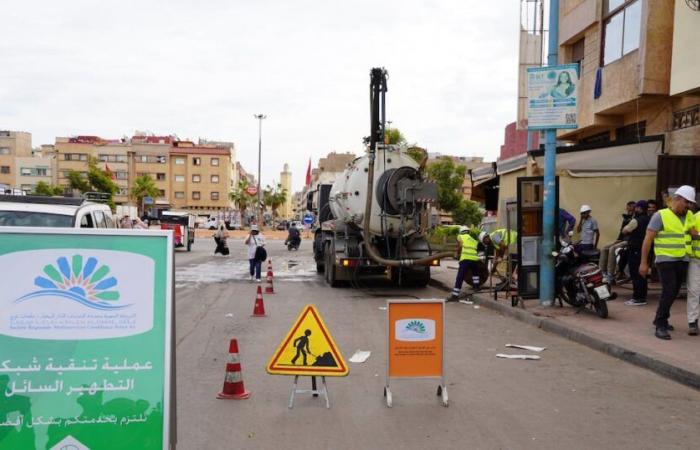After the regions of Casablanca-Settat, Souss-Massa, Marrakech-Safi and Oriental, all the distribution authorities for drinking water, electricity and liquid sanitation, as well as the National Office of electricity and drinking water (ONEE), will gradually migrate to regional multi-service companies (SRM). This transition is part of a timetable established by the Ministry of the Interior, which provides for the changeover of eight regions by August 1, indicates The Economist in its edition of Wednesday January 22.
To this end, the ministry sent a correspondence to the Director General of ONEE to specify the dates of entry into force of the management contracts to be concluded with the SRMs of phases II and III, in accordance with Decree No. 2.23.1033. The letter underlines that the preconditions are now met and calls for the necessary measures to be taken to ensure optimal implementation and respect of the deadlines set. However, on the ground, the reality is much more complex.
The transition in the Casablanca-Settat region, effective since October 1, 2024, as well as that of the three other regions in October and November, have given rise to numerous complaints from users, notes The Economist. Despite the months that have passed, the customer experience remains largely unsatisfactory. Among the problems noted were a lack of communication on the objectives of the reform, the expected benefits for users, as well as the new procedures concerning the payment of invoices and the filing of complaints.
-In Casablanca-Settat, for example, access to the usual payment portal was interrupted on October 1, and customer references disappeared from the interface with no clear alternative. No automatic redirection to the new application has been planned. Consumers had to contact Lydec’s old number for information on the new procedures, a process made even more complex by the lack of a single number. In some cases, subscription contract numbers have been changed without notice, making it impossible to pay invoices. These inconsistencies reflect an insufficiently planned transition strategy.
Suppliers and service providers also face major obstacles. Purchasing and payment procedures have been completely revised, involving the presentation of new documents, time-consuming verifications and extended deadlines before any payment is made. As public entities, SRMs are now subject to the public procurement decree, which further burdens their administrative processes.






